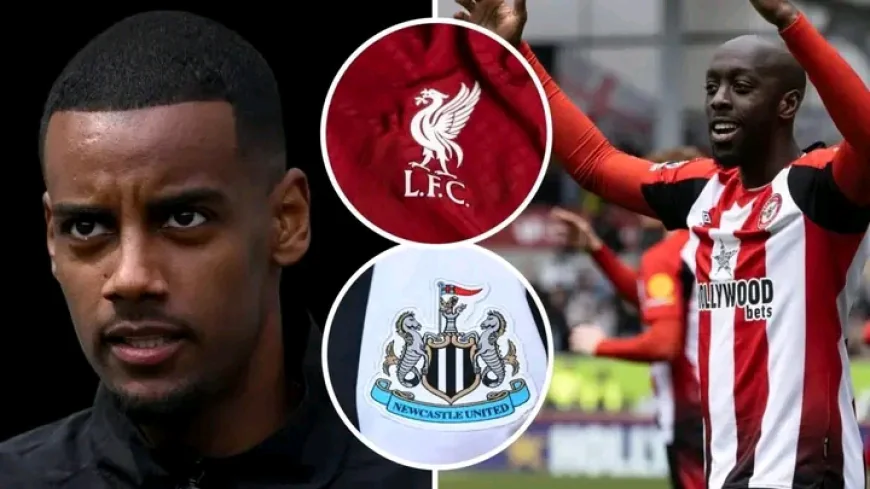Transfer Tensions: Isak, Wissa Situations Highlight Shift in Player Power Dynamics

Newcastle United striker Alexander Isak has returned to the club following a personal training camp in Spain, amid heightened transfer speculation. The Swedish international arrived at Newcastle Airport on Saturday, just 24 hours after the Magpies reportedly rejected an opening offer of £110 million plus add-ons from Liverpool.
Isak had opted out of Newcastle’s pre-season tour of Asia, citing a thigh injury. Instead, he travelled to San Sebastián to continue his recovery with personal staff at Real Sociedad’s training ground — a decision that raised eyebrows given Liverpool’s active pursuit. Despite the interest, Newcastle remain unwilling to sell and have set a valuation of £150 million. However, the club is said to be exploring contingency options, having reportedly submitted a £70 million bid for RB Leipzig’s Benjamin Šeško.
In a related development, Brentford head coach Keith Andrews has expressed concern over the uncertainty surrounding forward Yoane Wissa’s future. Wissa did not feature in Brentford’s 1-0 friendly defeat to QPR on Saturday amid reports linking him to Newcastle. His situation adds to Brentford’s challenges following the departures of Bryan Mbeumo and former captain Christian Nørgaard earlier in the summer.
These transfer sagas have reignited conversations around the evolving balance of power in football. In an era where players have traditionally held significant influence over their career paths, recent developments suggest a reassertion of control by clubs, particularly in high-value negotiations.
The question now arises: is player power waning? And if so, is this shift beneficial to the broader health of the game — promoting contractual discipline and strategic planning — or does it undermine player autonomy in a sport increasingly shaped by business considerations?
As the summer transfer window unfolds, the Isak and Wissa situations serve as case studies in a changing football landscape — one where the equilibrium between club authority and player freedom may be entering a new phase.


